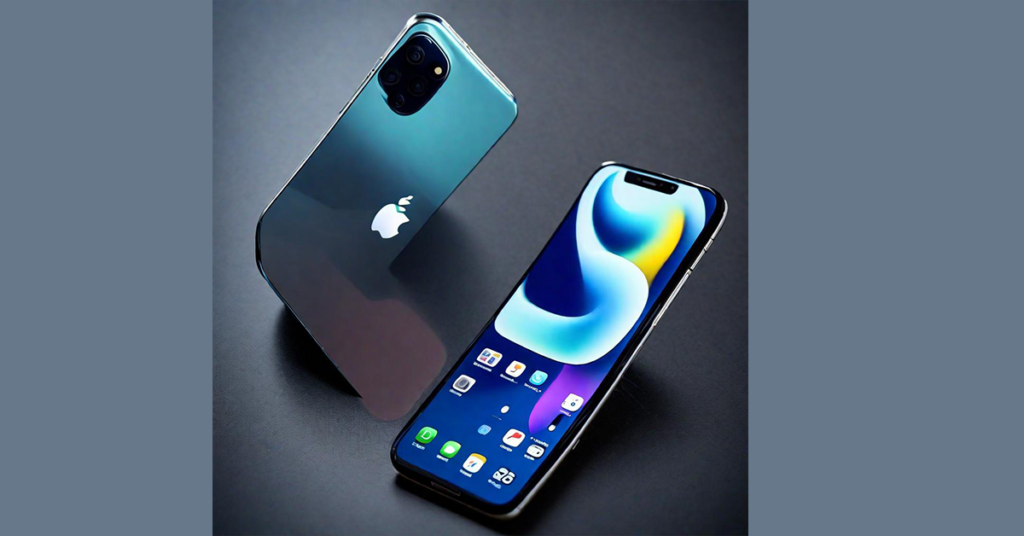The following list is about the iphone vs android difference

iPhones run on iOS, Apple’s proprietary operating system, while Android phones run on the Android operating system developed by Google. iOS tends to offer a more streamlined and uniform experience across devices, while Android provides more customization options.
iPhones are manufactured exclusively by Apple, so they have a consistent design and build quality. Android phones, on the other hand, are made by various manufacturers like Samsung, Google, OnePlus, and others, leading to a wider range of designs, materials, and build qualities.
The App Store is the primary source for downloading apps on iPhones, while Android users primarily use the Google Play Store. While both app stores offer a wide range of apps, some apps may be exclusive to one platform or may be released on one platform before the other.
Android offers more flexibility in customization compared to iOS. Android users can change themes, customize widgets, install custom launchers, and even tweak system settings to a greater extent. iOS, on the other hand, has a more uniform interface with limited customization options.
iPhones seamlessly integrate with other Apple products and services such as MacBooks, iPads, Apple Watch, and iCloud. This integration allows for features like Handoff, Continuity, and iCloud syncing. Android devices also integrate well with Google services like Gmail, Google Drive, and Google Photos.
Apple tends to provide iOS updates to all supported devices simultaneously, ensuring that users receive the latest features and security patches promptly. Android updates, however, are often delayed or fragmented due to the diverse range of manufacturers and carriers involved in the update process.
iPhones are generally more expensive than Android phones, especially flagship models. Android offers a wider range of devices to fit different budget levels, from budget-friendly options to premium flagship phones.
Apple emphasizes user privacy and security and has implemented features like App Tracking Transparency and hardware-based security features like the Secure Enclave. Android also prioritizes security but may face more security vulnerabilities due to its open-source nature and the diversity of devices and manufacturers.
Looking for price comparison, please click below button.
Go to Home page for more tech content.